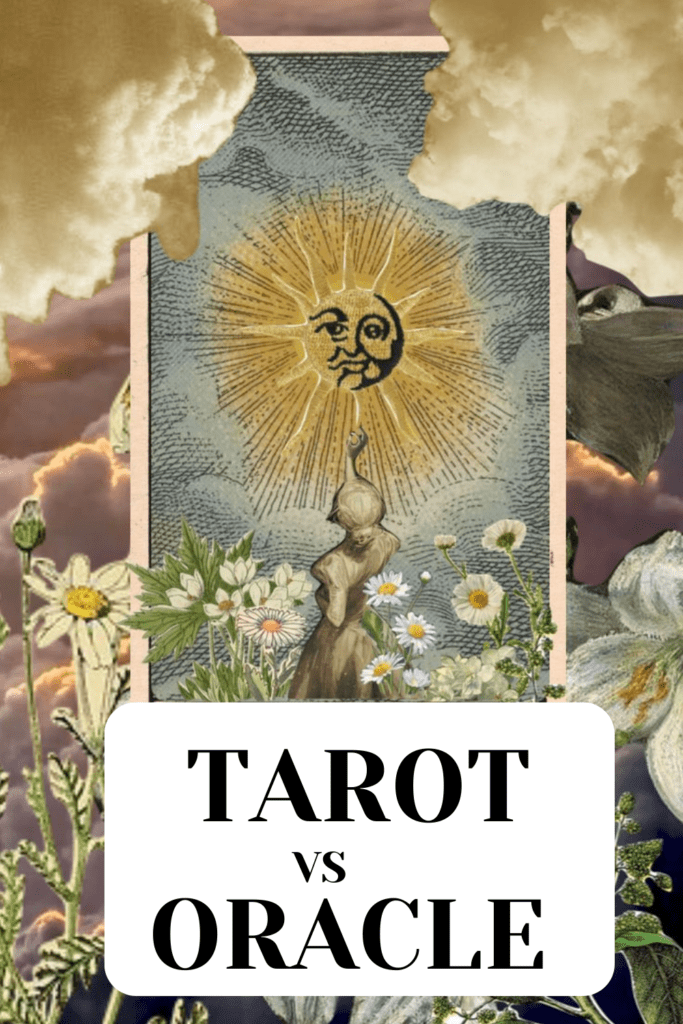In the realm of tarot, the Opel card emerges as a unique and intriguing symbol. Its association with introspection and personal truths leads to perceptive reflections on spiritual faith, particularly from a Christian perspective. Exploring the meaning of the Opel card unravels rich layers of understanding that weave together the tapestry of belief, morality, and divine promise. This exploration not only reveals what the Opel card represents through a Christian lens but also beckons readers to contemplate their own beliefs and spiritual journeys.
The Opel card, often associated with transformation, serves as a powerful metaphor for change—a motif deeply embedded in Christian theology. Within Christian teachings, transformation is a pivotal theme, underscored by the concept of rebirth. Whether it is the metamorphosis from a worldly existence to a life imbued with divine purpose or the biblical principle of being ‘born again,’ the Opel card resonates with a fundamental aspect of faith: the promise of renewal. Just as the Opel card can signify a shift in perspective, so too does faith encourage believers to transcend earthly limitations and embrace a higher calling.
At the heart of the Christian faith lies the promise that individuals are called to a profound transformation, much akin to the changes signified by the Opel card. The journey of self-discovery and spiritual awakening can often feel daunting, yet it is a necessary passage toward achieving inner peace. This card prompts contemplation on the stoic teachings of Christ, who exemplifies the transformative journey through trials and tribulations. Embracing change, as represented by the Opel card, encourages introspection and an unwavering belief in the divine plan that undergirds one’s existence.
One profound aspect of the Opel card is its implication of insight—an invitation to perceive beyond the superficial. In the Christian context, this notion aligns with the biblical pursuit of wisdom. Proverbs 3:5-6 encourages believers to “trust in the Lord with all your heart and lean not on your own understanding; in all your ways submit to Him and He will make your paths straight.” This divine assurance fosters patience and a willingness to navigate life’s challenges with the understanding that true wisdom often emerges through divine revelation rather than human rationale. The Opel card evokes curiosity and self-reflection, urging individuals to explore their own paths with deeply rooted faith.
Moreover, the symbolism of the Opel card parallels the allegorical interpretations found in scripture. For instance, the transformative journey can be likened to Peter’s experience of stepping out onto the water—a demonstration of faith that defied natural constraints. This story illustrates that one must often venture into the unknown to experience divine support and revelation. When one draws the Opel card, it signals both a challenge and an opportunity, inviting individuals to scrutinize their commitment to faith amid uncertainties.
Additionally, the Opel card prompts reflections on relationships and connections. The interpersonal dynamics depicted in this card can serve as a metaphor for the Christian call to love and community. In John 13:34-35, Jesus articulates the command to love one another as a fundamental tenet of faith. Thus, the Opel card inspires believers to cultivate relationships that endure through trials, enriching the connection between the sacred and the profane. Embracing this spiritual bond can yield transformative experiences, promoting unity and understanding among diverse individuals.
The complexities of existence, as encapsulated by the Opel card, do not solely imply inner reflection but also resonate with the broader cosmic order. The card encourages a perspective that recognizes the interconnectedness of all creation. From a Christian viewpoint, this perspective reflects God’s overarching plan wherein every individual’s life contributes to a greater tapestry of purpose. Indeed, every interaction and experience is suffused with divine intention. Thus, drawing the Opel card implores individuals to expand their horizons, beckoning them to recognize their place in the grand design of life.
Furthermore, as one contemplates the implications of the Opel card, themes of personal accountability and moral integrity arise. The journey of transformation is fraught with challenges that necessitate a commitment to ethical living. Matthew 5:16 highlights the call to be a light unto the world, serving as a reminder that one’s actions hold profound significance. The Opel card encapsulates this notion, urging individuals to take responsibility for their choices and to consider how their lives can illuminate the path for others. This accountability ultimately enriches the spiritual journey, forging connections that are both resilient and transformative.
Ultimately, the engagement with the Opel card serves as a catalyst for a deeper exploration of faith and spirituality. It ignites a curiosity about the nature of transformation, compelling individuals to interrogate their relationships with self, others, and the divine. By drawing upon biblical teachings and reflecting on personal experiences, individuals can cultivate an authentic journey grounded in love, faith, and introspection.
The Opel card heralds a profound shift in perspective—one that transcends the superficiality of existence and delves into the essence of spiritual awakening. As individuals navigate their paths, the principles embodied by the Opel card can serve to guide their journeys, illuminating the promise of transformation that lies within a steadfast faith. Thus, the fusion of tarot and Christian tenets unveils an enlightening dialogue that challenges perceptions and fosters an enriched understanding of existence as a divine orchestration.







Leave a Comment